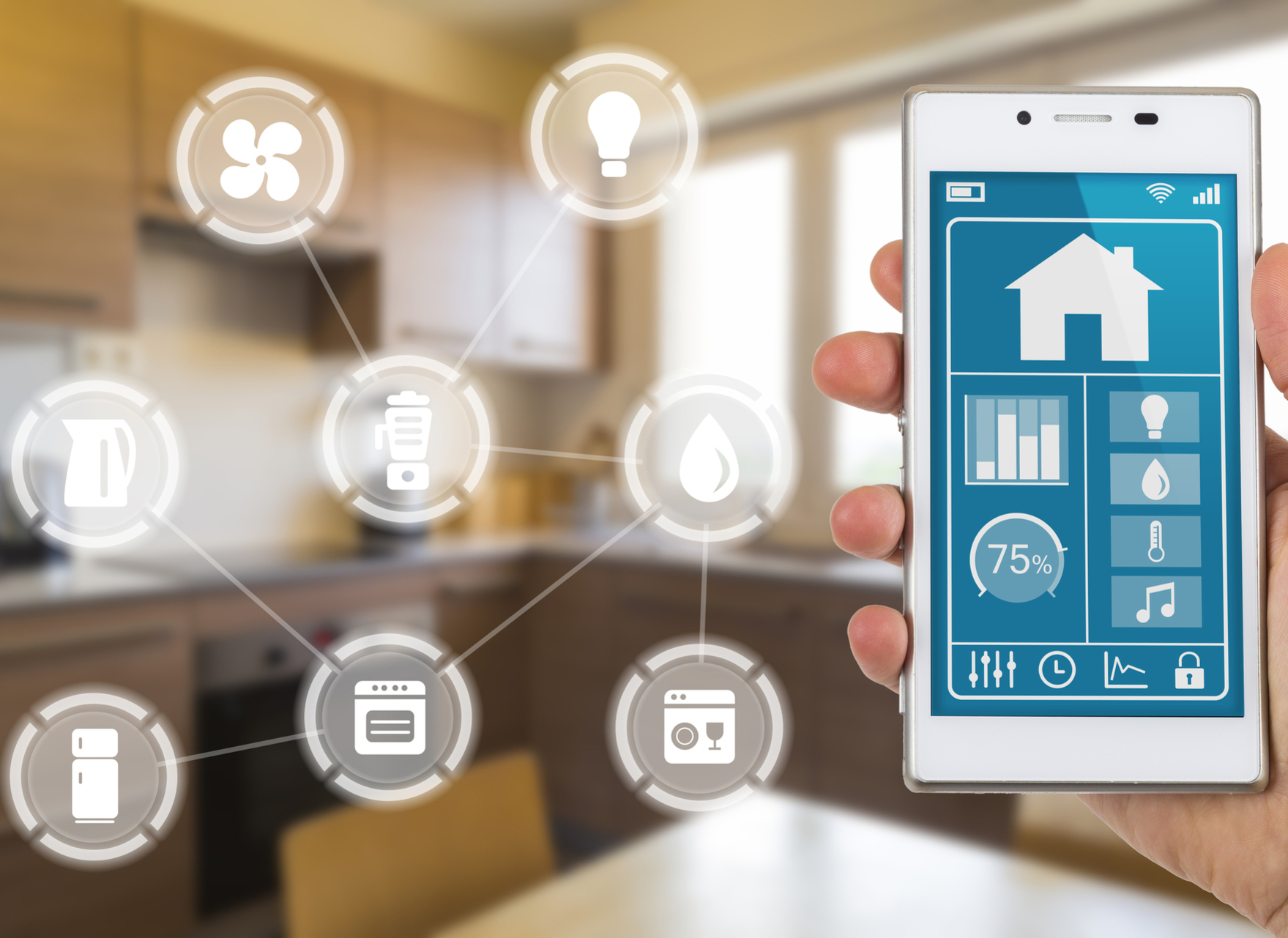The Internet of Things (IoT): Transforming UK Businesses for the Future
Posted on 19th March 2024 at 10:52

The industrial revolution in Britain never really ended. The industrial and commercial landscape is always fluctuating and shifting, driven by innovation and technological advancements.
One such technology, the Internet of Things (IoT), is a frequent topic and gains traction across diverse sectors, offering businesses the potential to unlock new waves of efficiency, insight, and customer engagement.
But what exactly is the IoT? How can it empower your business for success?
Demystifying the Internet of Things:
For many business owners, the Internet of Things is an undefinable buzzword. However, at its core, the IoT refers to a network of interconnected devices all integrated with the internet. They collect and exchange data like telepathic robots. The devices often range from smart thermostats to complex industrial machinery. Each “thing” is equipped with sensors and uses software to digest data and enable them to communicate with each other through a central hub.
It's through this continuous digestion and regurgitation of data that businesses can gain real time insights and automate various key processes. The IoT collects and shares a continuous flow of data.

Unlocking Business Opportunities with IoT:
When defining the IoT, it’s hard not to sound like you’re creating the plot to the next science fiction franchise. Yet technology is here and evolving right under our noses. The potential applications of IoT are vast and can significantly impact various aspects of myriad industries within the UK.
So, what are the key ways in which IoT can transform your operations?
1. Enhanced Efficiency and Productivity:
Real-time monitoring: Imagine having the ability to remotely monitor production lines across the country, track the inventory at your various warehouses, or even predict potential equipment failures before they occur. The IoT pulls this from the science fiction annals and makes it all reality. You can proactively address issues and prevent costly downtime.
Automated tasks: Repetitive and manual tasks like adjusting the lighting or temperature based upon occupancy schedules in offices can be automated by using IoT-enabled devices, freeing up valuable employee time and resources. In fact, IoT devices can directly impact production by monitoring and automating inventory replenishment in retail environments.

2. Improved Customer Experience:
Personalisation: The IoT is used to personalise the shopping experience for customers. Smart mirrors in clothing stores recommend outfits based on individual preferences, or connected shelves might display targeted promotions based on past-purchase history.
Real-time information and tracking: Empower customers with real-time information and tracking capabilities. This can include providing delivery updates for online orders placed with your company, offering status updates on maintenance requests, or enabling customers to remotely monitor their energy consumption at home if they're using your smart energy products.
3. Data-driven Decision Making:
Actionable insights: By analysing the vast amount of data collected from connected devices, businesses can gain invaluable insights into customer behaviour, resource usage, and overall process effectiveness. This data can then be used to inform strategic decisions, optimise operations, and identify areas for improvement.
Predictive maintenance: Leverage the power of predictive maintenance to avoid costly equipment breakdowns. Sensors can detect anomalies and potential issues in real-time, allowing businesses to schedule maintenance proactively, minimising disruption and optimising equipment lifespan.
4. Enhanced Security and Safety:
Proactive security measures: Implement smart security systems equipped with intelligent sensors and real-time monitoring capabilities. This can be used to detect potential security breaches, unauthorised access attempts, and even environmental hazards like fire or smoke, ensuring a safer work environment.
Improved access control: Grant or restrict access to specific areas or equipment based on individual authorisation levels. This can enhance security protocols and streamline access management within your business premises.

The Future of IoT in the UK:
The potential of IoT extends beyond these examples, continuously evolving and impacting various sectors across the UK economy. From manufacturing and logistics to healthcare and agriculture, businesses are increasingly recognising the transformative power of IoT. While initial investments might be involved, the long-term benefits in terms of cost savings, increased efficiency, and improved customer satisfaction are undeniable.
As the UK continues to embrace technological advancements, businesses that adopt IoT solutions stand to gain a significant competitive edge. By integrating these interconnected devices and leveraging the power of data, UK businesses can unlock a future of increased productivity, enhanced customer engagement, and operational excellence, solidifying their position in the ever-evolving global marketplace.
To discuss how we could help your business, contact us today on 01327 300311 or email us on [email protected] with your enquiry.
Tagged as: Blog, IT Support
Share this post:








